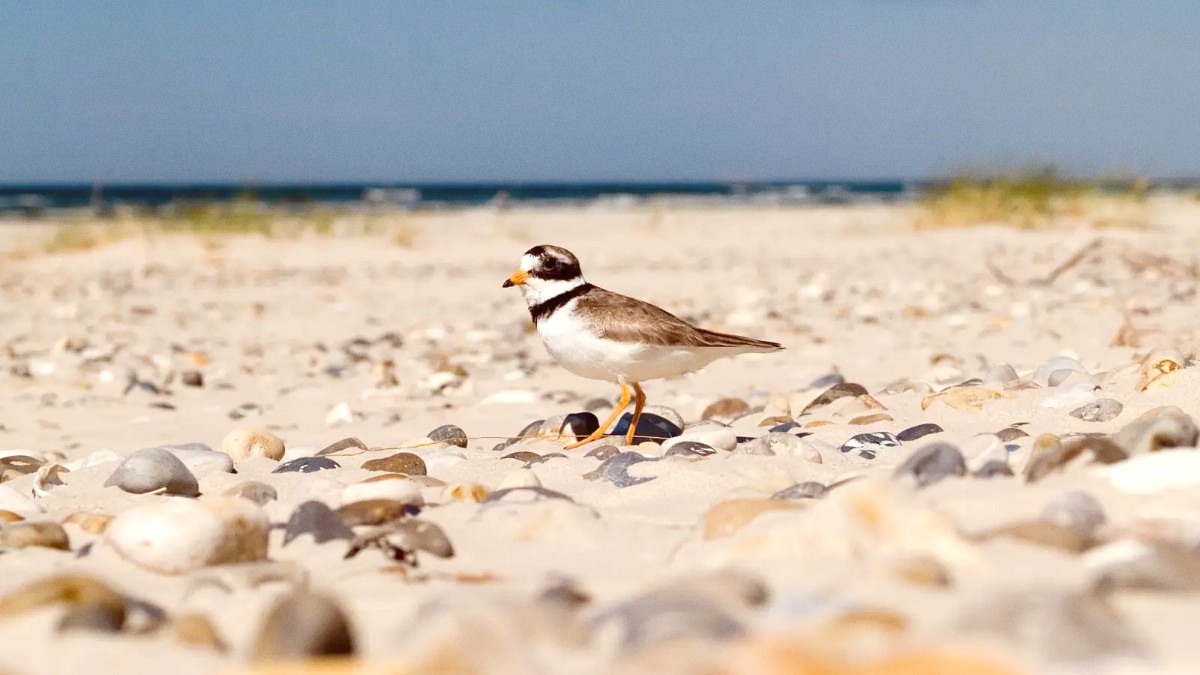
Burundi's tropical highland climate means generally mild temperatures, varying with altitude and season. Pack lightweight, breathable clothing from natural fabrics. Layers are always a good strategy.
Burundi is a conservative society. Dressing modestly respects local customs. Avoid overly revealing attire, especially outside major hotels.
Comfortable Walking shoes, sturdy Sandals, or Sneakers work for city and general sightseeing.
Closed-toe shoes or Reliable hiking boots (Merrell Moab) are needed for national parks and uneven paths.
Flip-flops or Water shoes are useful for hotel rooms, showers, or Lake Tanganyika areas.
Keep originals secure and copies separate. This safeguards your identity and travel plans.
Burundi uses 220V, 50Hz, with Type C and Type E plugs. An Universal travel adapter with surge protection is highly recommended.
Bring a camera that suits your needs (Smartphone, mirrorless, DSLR). Extra batteries and memory cards are a good idea. A durable Camera bag helps protect equipment.
Regularly back up photos and documents to cloud storage or an External hard drive.
Consider a VPN like NordVPN or ExpressVPN for secure internet access.
For electronics, remember retailers like B&H Photo before travel, as local options are limited.
A well-stocked Personal first aid kit is highly recommended. Medical facilities are limited outside Bujumbura.
Protection from insects and sun is . Pack personal hygiene essentials that may be difficult to find locally.
A lightweight Daypack is handy for water, snacks, and camera. Binoculars enhance wildlife viewing.
Bring a Swimsuit and a Quick-dry towel. A Waterproof bag protects electronics on boat trips.
For birdwatching, a dedicated Pair of binoculars is helpful. A bird identification guide for East Africa Travel gear is beneficial.
Long journeys can be tiring. A Travel neck pillow, Eye mask, and Earplugs make trips comfortable. Keep valuables secure with a Money belt or RFID-blocking wallet.
Reduce your environmental footprint with reusable items. They provide convenience and support sustainable travel practices.
A personal water filter like a LifeStraw or purification tablets.
Carry your own bottle to refill with safe drinking water.
A foldable bag to use at local markets for purchases.
Use e-books and digital maps to minimize paper waste.
For chimpanzee trekking, long sleeves and pants are necessary. This protects against insects and stinging nettles on the trails.
Opt for darker colored clothing for safari activities. Lighter colors show dirt easily, and bright colors can attract insects.